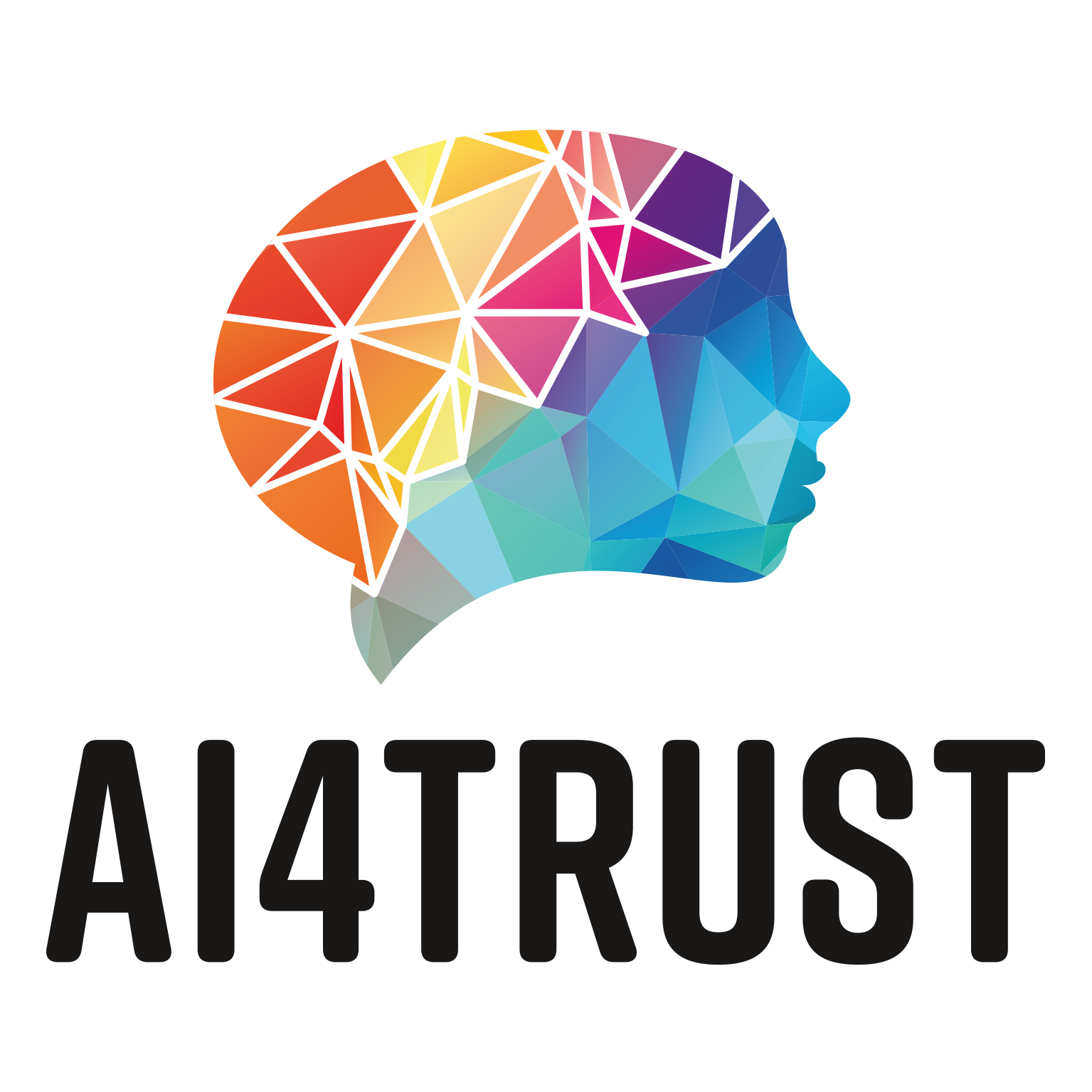[…] The Council of Europe (CoE), an international human rights body with 46 member countries, is approaching the finalisation of the Convention on Artificial Intelligence, Human Rights, Democracy, and the Rule of Law.
Since the beginning, the United States, the homeland of the world’s leading AI companies, has been pushing to exclude the private sector from the treaty, which, if ratified, would be binding for the signature country.
The United States is not a CoE member but participates in the process with an observer status. In other words, Washington does not have voting rights, but it can influence the discussion by saying it will not sign the convention.
[…]
By contrast, the European Commission, representing the EU in the negotiations, has opposed this carve out for the private sector. Two weeks ago, Euractiv revealed an internal note stating that “the Union should not agree with the alternative proposal(s) that limit the scope of the convention.”
However, in a consequent meeting of the Working Party on Telecommunications and Information Society, the technical body of the EU Council of Ministers in charge of digital policy, several member states asked the Commission to show more flexibility regarding the convention’s scope.
In particular, for countries like Germany, France, Spain, Czechia, Estonia, Ireland, Hungary and Romania, the intent of the treaty was to reach a global agreement, hence securing more signatories should be a priority as opposed to a broad convention with more limited international support.
Being composed of 27 countries out of the 46 that are part of the Council of Europe, the position of the bloc can in itself swing the balance inside the human rights body, where the decisions are taken by consensus.
Limiting the convention’s scope would be a significant blow to the Commission’s global ambitions, which sees the treaty as a vehicle to set the EU’s AI Act, the world’s first comprehensive law on Artificial Intelligence, as the global benchmark in this area.
Indeed, the Commission’s mandate to negotiate on behalf of the Union is based on the AI Act, and the EU executive has shown little appetite to go beyond the AI regulation even in areas where there is no direct conflict, despite the fact the two initiatives differ significantly in nature.
As part of the alignment with the AI Act, the Commission is pushing for broad exemptions for AI uses in national security, defence and law enforcement. Thus, if the treaty was limited to only public bodies, with these carve-outs, there would be very little left.
In addition, Euractiv understands that such a major watering down of the AI treaty after several years of engagement from the countries involved might also discourage future initiatives in this area.
[…]
a paragraph has been added stressing that “to preserve the international character of the convention, the EU could nevertheless be open to consider the possibility for a Party to make a reservation and release itself from the obligation to apply the convention to private actors that are not acting on behalf of or procuring AI systems for public authorities, under certain conditions and limitations”.
The Commission’s proposal seems designed to address Washington’s argument that they cannot commit to anything beyond their national legal framework.
In October, US President Joe Biden signed an executive order setting out a framework for federal agencies to purchase and use AI tools safely and responsibly, hence the reference to companies not working with the public sector.
More precisely, the Commission is proposing an ‘opt-out’ option with temporal limitations, that can be revised at any time and with some guarantees that it is not abused. This approach would be the opposite of what the US administration proposed, namely exempting the private sector by default with an ‘opt-in’ possibility for signatories.
Still, the original ‘opt-in’ option was designed to avoid the embarrassment of the US administration having to exempt private companies from a human rights treaty. Euractiv understands Israel and Japan would not sign if the ‘opt-out’ approach made it into the final text, whereas the UK and Canada would follow the US decision.
Source: EU Commission’s last-minute attempt to keep private companies in world’s first AI treaty – Euractiv
So the US basically wants to make a useful treaty useless because they are run by self serving, profit seeking companies that want to trample on human rights. Who would have thought? Hopefully the EU can show some backbone and do what is right instead of what is being financially lobbied for (here’s looking at you, France!). It’s this kind of business based decision making that has led to climate change, cancer deaths, and many many more huge problems that could have been nipped in the bud.

Robin Edgar
Organisational Structures | Technology and Science | Military, IT and Lifestyle consultancy | Social, Broadcast & Cross Media | Flying aircraft

